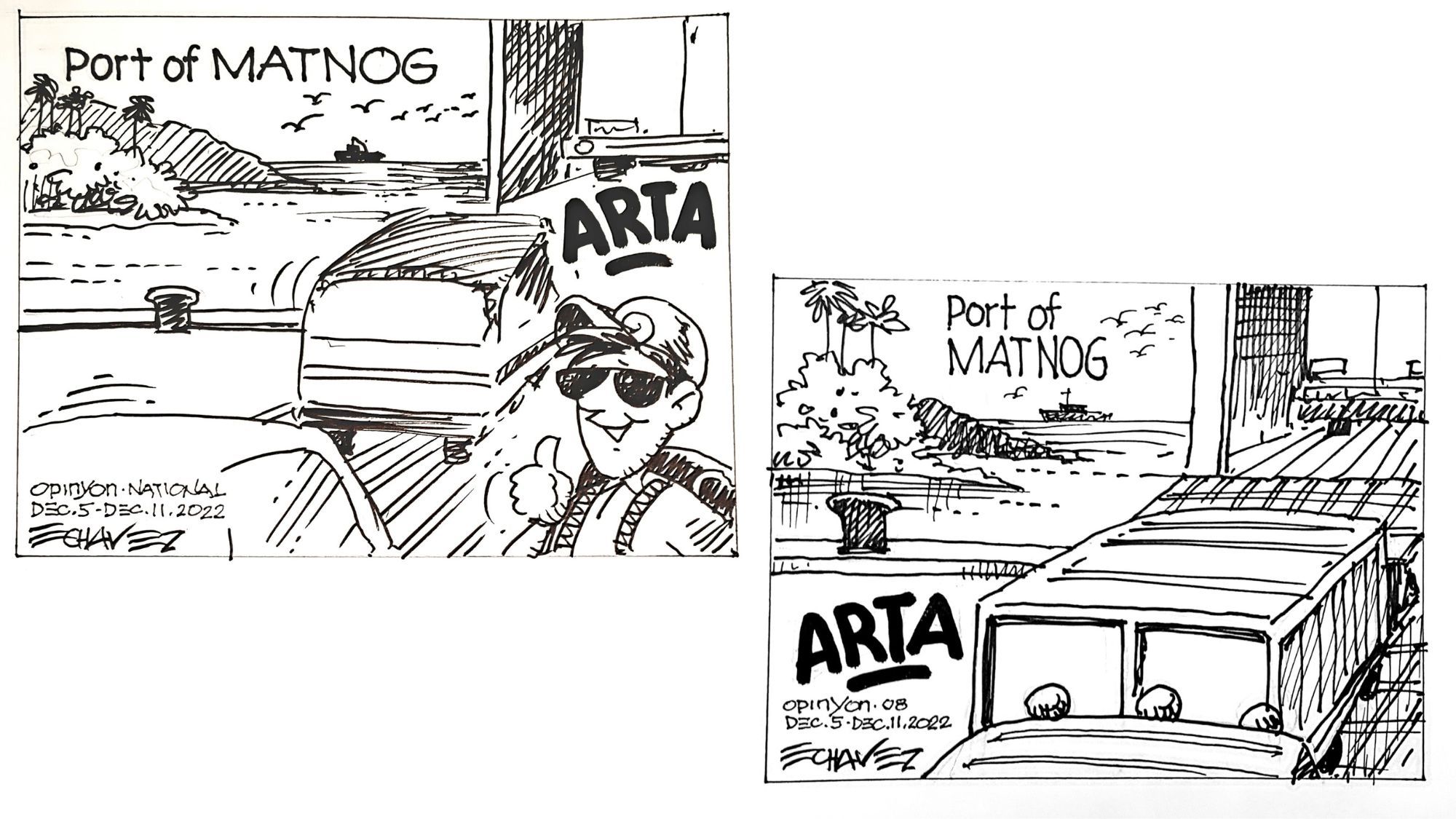The forging of a Joint Memorandum Circular by the state’s Anti-Red Tape Authority is hoped to partially remove logistics and supply chain issues that have triggered inflation spikes because goods do not get to the market on time.
ARTA launched its reforms that would initially address the port congestion in Matnog, Sorsogon, particularly in the “queueing, marshalling, loading and embarkation of passengers and rolling cargoes,” explained its head Director General Ernesto V. Perez.
Another objective is to ensure the efficient delivery of government services in the Port of Matnog and address rampant fixing activities in the immediate vicinity of that port.
As part of addressing the congestion in the said port, the anti-red tape watchdog bared some of the salient features of the JMC, including streamlining and automating processes through a one-stop shop (OSS).
ARTA said this OSS will include an “online portal for the stakeholders to enable advance reservation and payment for a ticket ahead of their arrival at the port.” The payment shall be made through its online portal.
On the bundling of fees, ARTA said “no separate payments need be made, as the price of the ticket shall already be inclusive of all relevant fees such as the Roll-on/Roll-off (RORO) Terminal Fee, Passenger Terminal Building (PTB) fee, Local Government Unit (LGU) fees, and other related processes.”
Under the OSS, “the implementation of a single window in relation to the queuing and pre-marshalling procedures and other related verification and confirmatory processes will be adopted.”
This circular is for all “responsible” officers of ARTA, Department of Transportation (DoTr), Philippine Ports Authority (PPA), Maritime Industry Authority (MARINA), Philippine National Police (PNP), Land Transportation Office (LTO), Office of Civil Defense (OCD), the Provincial Government of Sorsogon, and the Municipal Government of Matnog.
ARTA has also entered into a Memorandum of Agreement (MOA) that addresses the concerns of shipping lines in collaboration with partner agencies, including the Board of Investments (BOI), finance department and the National Bureau of Investigation. The MoA creates a technical working group for: domestic and international shipping to oversee ongoing concerns.
Another salient feature of both JMC and MOA is prescribing a streamlined or integrated process and requirements for the application of required clearances through the creation or establishment of a Business One-Stop Shop (BOSS) for a more efficient process of securing these clearances and reducing the operational costs for both shipping lines.
This way, the competitiveness of the shipping lines industry will be enhanced by avoiding costs due to unnecessary delays and other inefficient government services.”
ARTA said the Unified Logistics Pass (ULP), launched in January 2022, is a unified Quick Response (QR) code to facilitate the movement of trucks- for- hire that deliver basic goods and necessities across the country by “eliminating the varying and separate pass-through stickers being required by economic zones, ports, and LGUs to allow easier movement and ease port-entry restrictions for trucks.

